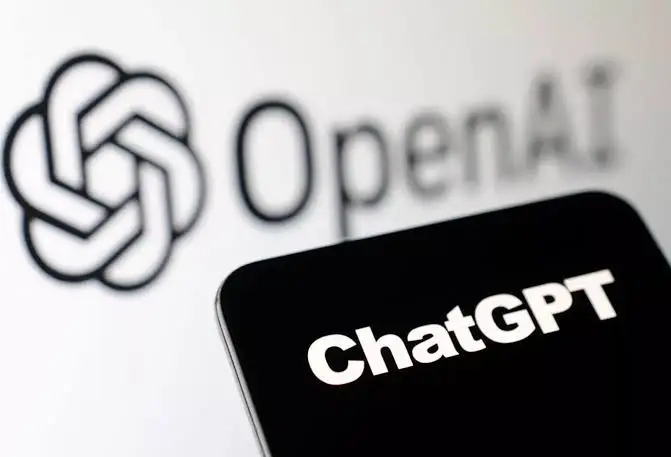The Essence of AB 3211
AB 3211 is a forward-looking piece of legislation aimed at enhancing transparency in digital content creation. It specifically targets AI-generated photos, videos, and audio clips, requiring that such content carry a watermark within their metadata. This watermark would serve as a digital signature, indicating that the content was created by AI systems. While many AI companies already implement metadata watermarks, the bill seeks to make this a universal practice.
The bill doesn't stop at metadata. Recognizing that most people do not typically inspect metadata, AB 3211 also mandates that large online platforms, including social media giants like Instagram and X (formerly known as Twitter), must visibly label AI-generated content. The labels should be clear and understandable, ensuring that average viewers can easily distinguish between human-created and AI-generated content.
Industry Reactions: Support and Opposition
OpenAI's support for AB 3211 is notable, especially considering the broader industry's split stance on the matter. OpenAI's backing of the bill aligns with its commitment to promoting the responsible development and deployment of AI technologies. By supporting the bill, OpenAI is advocating for greater transparency and accountability in the use of AI, potentially setting a standard for how AI content should be managed across the digital landscape.
Not everyone in the tech industry shares this enthusiasm. A trade group representing Microsoft, OpenAI's largest investor, along with other major software makers, has opposed AB 3211. In an April letter to California lawmakers, the group labeled the bill as "unworkable" and "overly burdensome." Their argument centers around the logistical challenges and potential costs associated with implementing such labeling requirements, particularly on large-scale platforms that host vast amounts of content.
The concerns raised by Microsoft and others reflect a broader industry hesitation towards regulations that could impose additional operational burdens. The requirement for visible labels on AI-generated content, while seemingly straightforward, could involve significant changes to platform algorithms, user interfaces, and moderation processes. These changes could, in turn, impact user experience and content flow on platforms that rely heavily on user-generated content.
OpenAI's Stance on AI Regulation
OpenAI's support for AB 3211 comes at a time when the company is actively engaged in discussions around AI regulation at both state and federal levels. Just a week before endorsing AB 3211, OpenAI publicly opposed another California AI bill, Senate Bill 1047 (SB 1047), which has faced broader criticism for its more stringent regulatory measures. The specifics of SB 1047 have not been disclosed, but OpenAI's opposition suggests that it might impose restrictions that could stifle innovation or be seen as impractical for AI development.
Interestingly, while OpenAI has reservations about certain state-level regulations, it has expressed support for several federal bills aimed at regulating AI companies. This dual approach indicates that OpenAI is not against regulation per se but is advocating for frameworks that strike a balance between fostering innovation and ensuring ethical AI use. Federal regulations, with their broader scope, may offer a more consistent and manageable approach to AI governance compared to varying state laws.
The Implications of AB 3211
If passed, AB 3211 could set a precedent for AI regulation not only in California but across the United States. California, being a significant hub for the tech industry, often sets trends that are followed nationwide. The bill's requirements could prompt other states to consider similar measures, potentially leading to a more standardized approach to AI content labeling.
For consumers, the passage of AB 3211 could enhance trust in digital content, as clear labeling would make it easier to identify AI-generated material. This transparency could mitigate the risks of misinformation and deepfakes, which are increasingly prevalent concerns in the digital age.
On the other hand, the tech industry might face new challenges in adapting to these regulations. Platforms will need to develop and implement effective labeling systems, which could involve significant investment in technology and human resources. Smaller companies, in particular, might find these requirements more burdensome, potentially leading to a consolidation of power among larger tech giants that can more easily absorb the costs.
Conclusion
OpenAI's endorsement of California's AB 3211 underscores the company's commitment to responsible AI use and its willingness to engage in regulatory discussions. While the bill has garnered both support and opposition, its passage could mark a significant step towards greater transparency in the digital content landscape. As AI continues to play an increasingly central role in content creation, the need for clear and consistent regulations will only grow. AB 3211, with its focus on labeling AI-generated content, could be an important piece in the evolving puzzle of AI governance, influencing both state and federal regulatory approaches in the years to come.









Add a Comment: